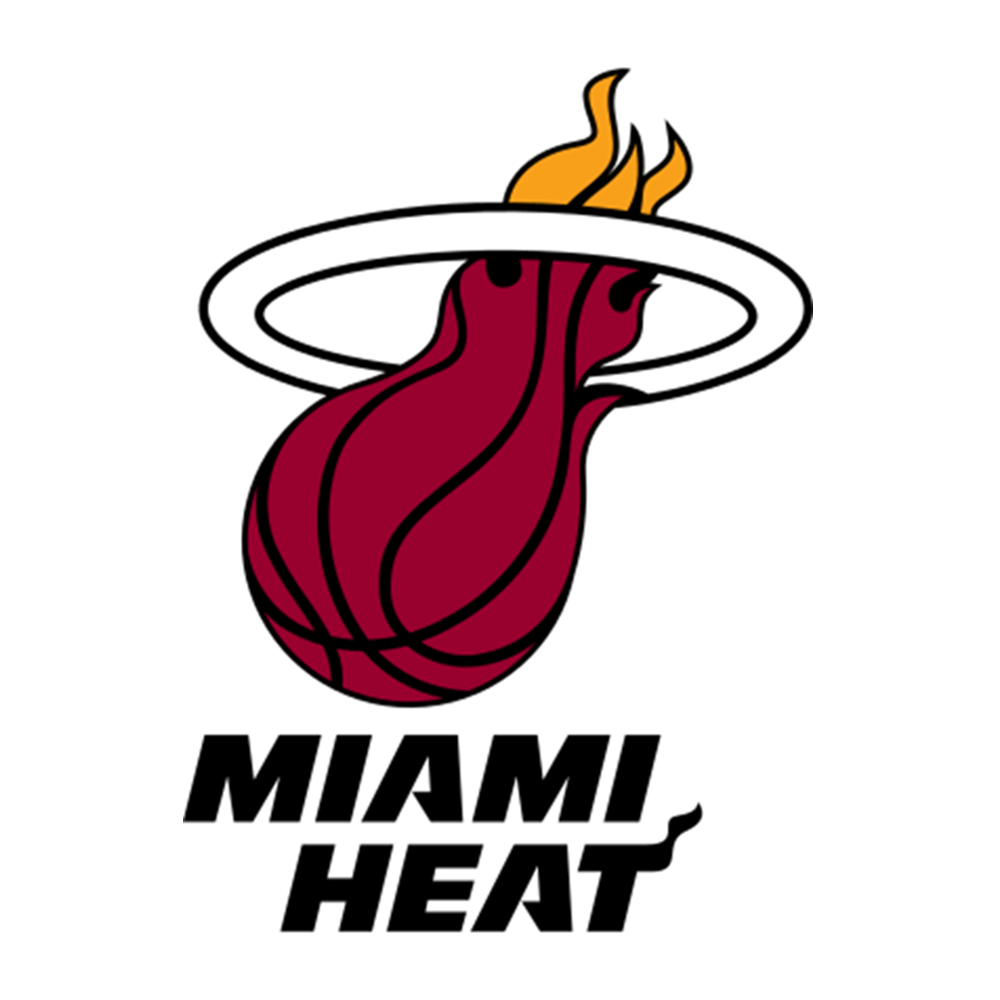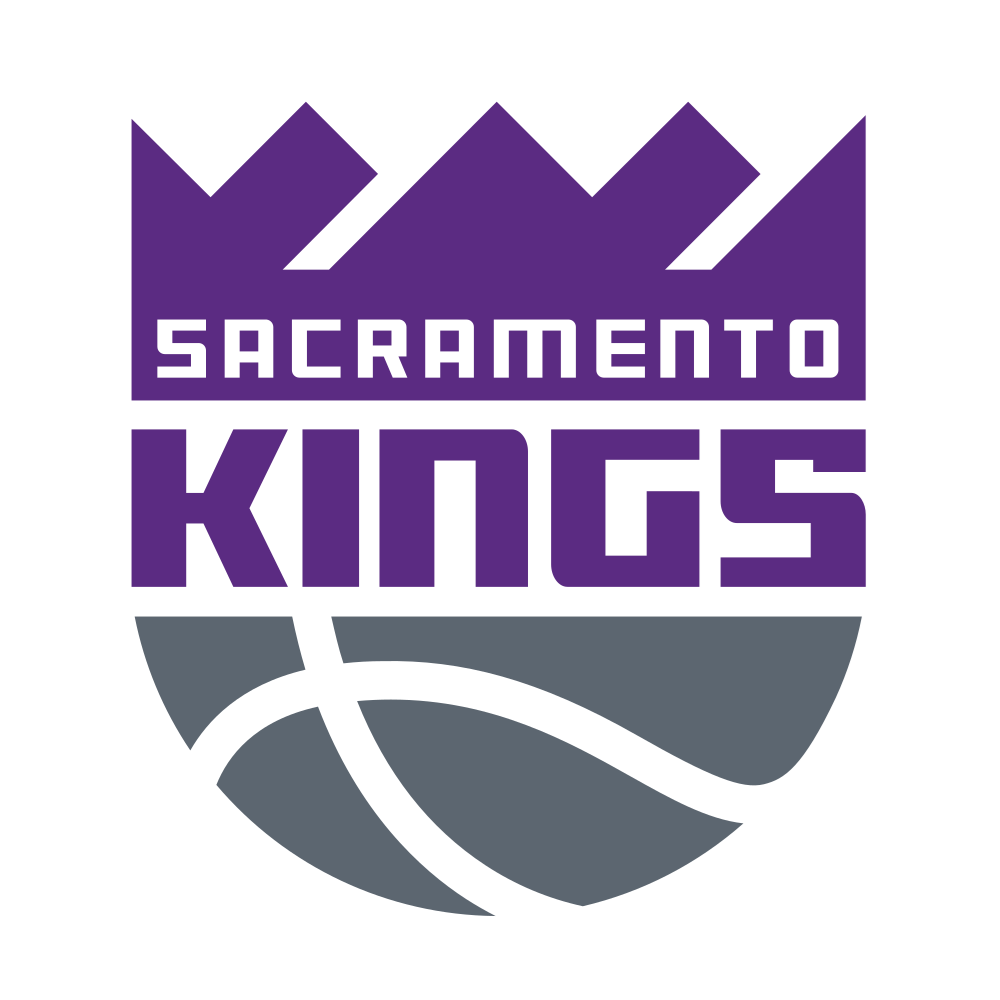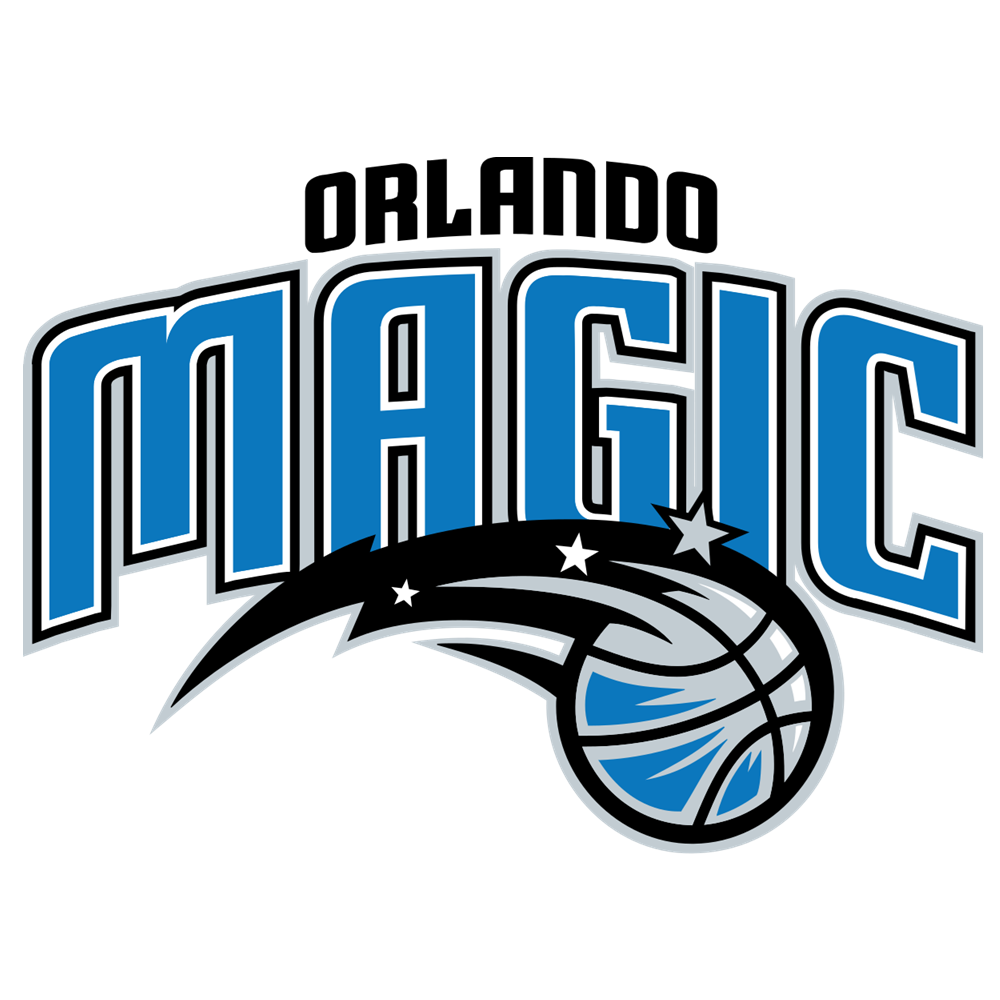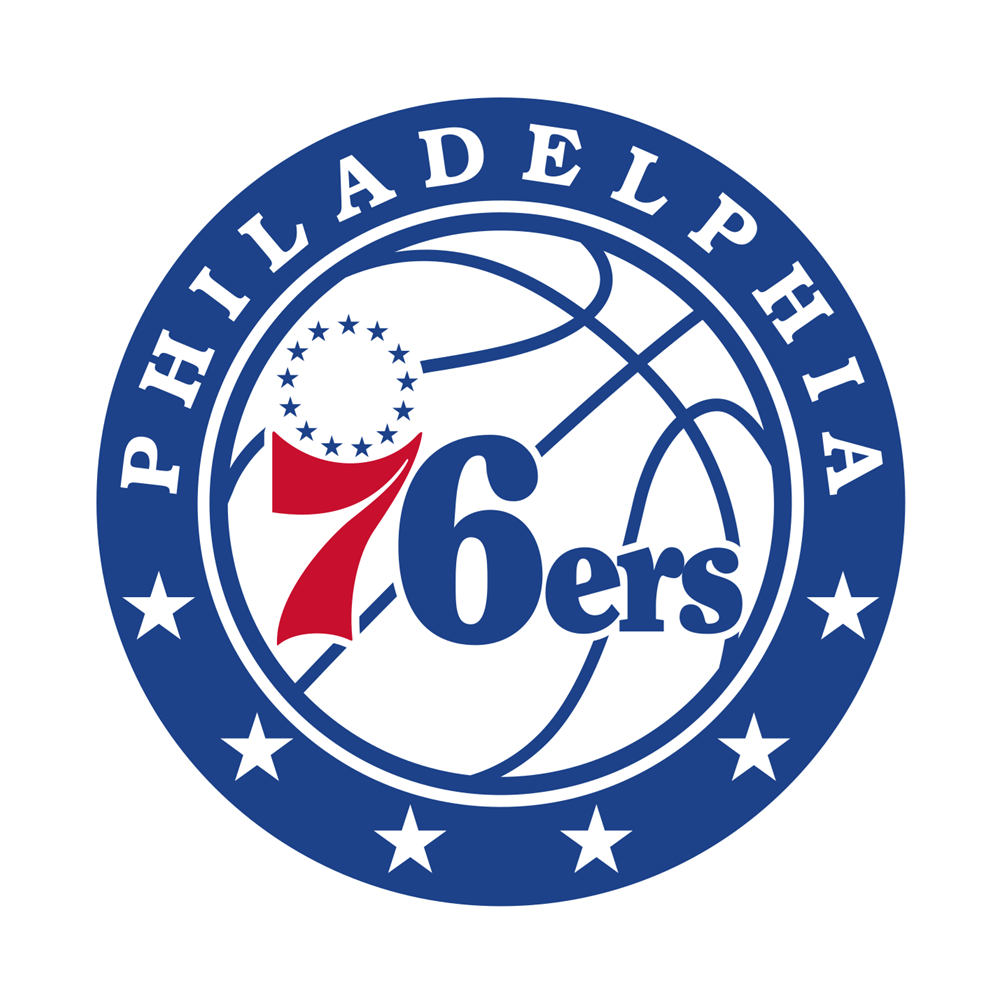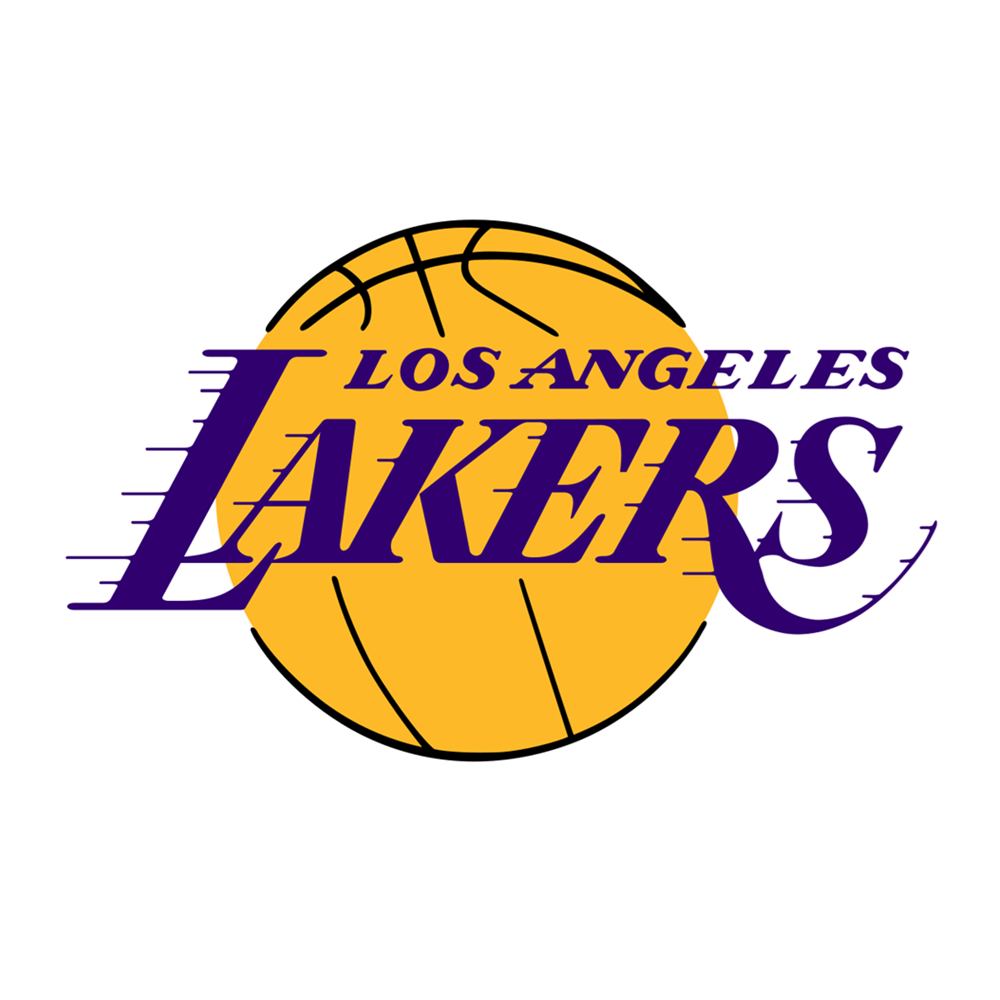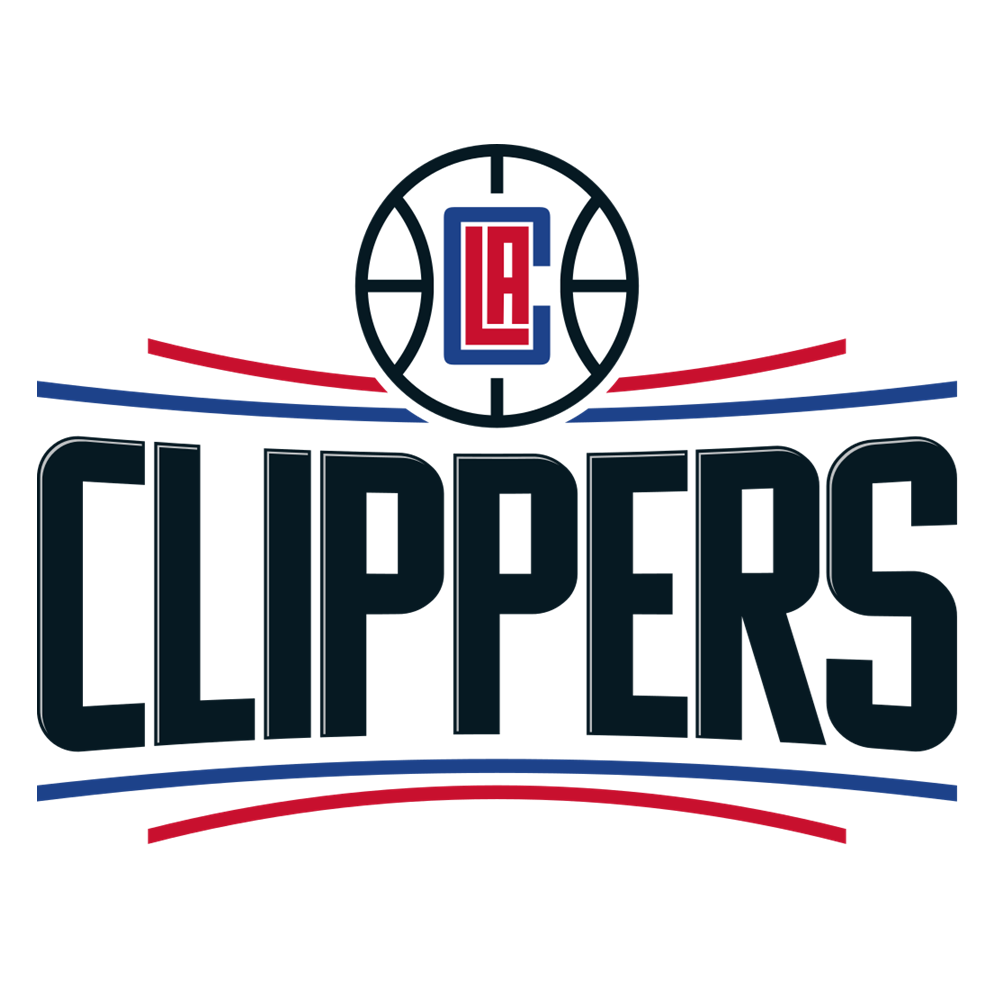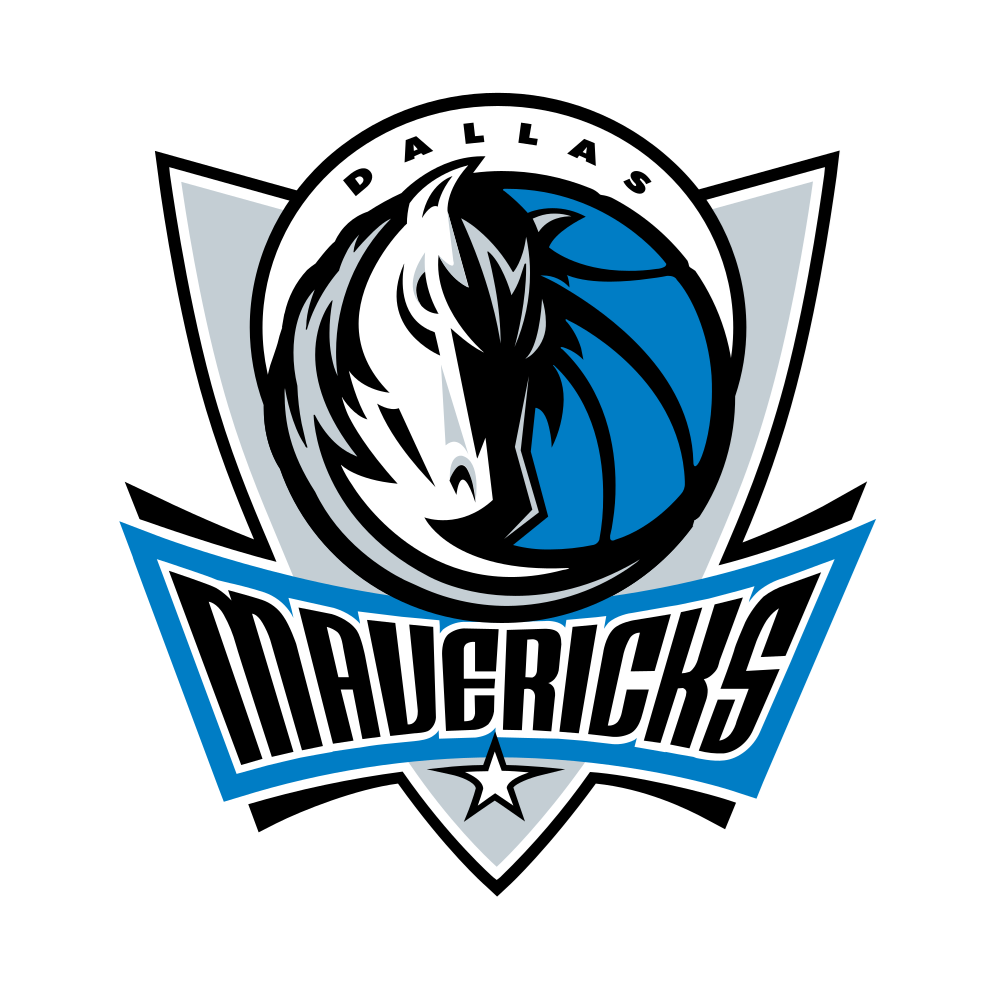Monday marked a new phase in US collegiate sports that could transform opportunities offered to female athletes.
California Gov Gavin Newsom signed the new Fair Pay to Play Act with the sunshine state becoming the first to allow college athletes the ability to earn money from endorsements.
The SB206 law addresses the lack of opportunities available for women to play sports at a professional level compared to their male counterparts. Ads, sponsorship and video games are a few of the platforms now able to be monetised despite the NCAA's strict policy prohibiting the endorsement of its student-athletes.
In a statement, the non-profit organisation agreed, "changes are needed to continue to support student-athletes, but improvement needs to happen on a national level through the NCAA's rule-making process. Unfortunately, this new law already is creating confusion for current and future student-athletes, coaches, administrators and campuses, and not just in California."
Camille Mahlknecht spoke of the adversity she faced being a female basketball player after her success at California State University, Northridge (CSUN).
- Chicago Bears to face Oakland Raiders in London
- Healy breaks highest score record at T20I
- England Lionesses speaks to GMSW ahead of friendlies
Despite winning two Big West Conference championships and advancing to the first round of the NCAA championship tournament, the 6ft 2 centre highlighted the inequality in professional basketball post-college. With only 10 WNBA teams, compared to 30 in the NBA, careers are cut short for female athletes.
The discrimination is not exclusive to basketball as five-time Olympic gold medallist, Missy Franklin, experienced. Making her Olympic debut at 17, Franklin turned down lucrative sponsorship offers to swim for UC Berkley only for an injury to prematurely end her senior career year.
Although federal laws such as Title IX attempt to balance the system, female athletes remain in the shadows, something Cecilia Townes, founder of GladiatHers, advocates changing "not just for the growth of collegiate athletics, but also the growth of professional athletics for women."
Professional presence is the key to success for young athletes hoping to break into the professional realm after college and enabling endorsements will cast a spotlight on their talent. Although male stars are likely to see immediate benefits from the endorsement, women could see further success long term.
However, the NCAA is not the only critics of the new law, the collegiate athletic conference Pac-12, which includes UC Berkley and Stanford, also expressed its disappointment. It suggested the bill "will likely reduce resources and opportunities for student-athletes in Olympic sports and have a disparate negative impact on female student-athletes."
Conflicting agreements with private sponsors and those already tied into deals with college teams could cause significant issues and prevent NCAA athletes from carving their endorsement path with a separate sponsor.
George Belch, a San Diego State University marketing professor, also raised concerns about individual sponsorships taking vital funds away from athletic departments.
Regardless, Mahlknecht referred to the 15 hours a week spent tutoring to support her at CSUN on top of the 40 hours she dedicated to basketball. Holding down a part-time job is not uncommon amongst student-athletes who would benefit from the additional income monetisation provide.
Although law SB206 will not take effect until 2023, South Carolina and New York look to follow California in drafting similar legislation – it's a new era of financial support for collegiate all-stars.
